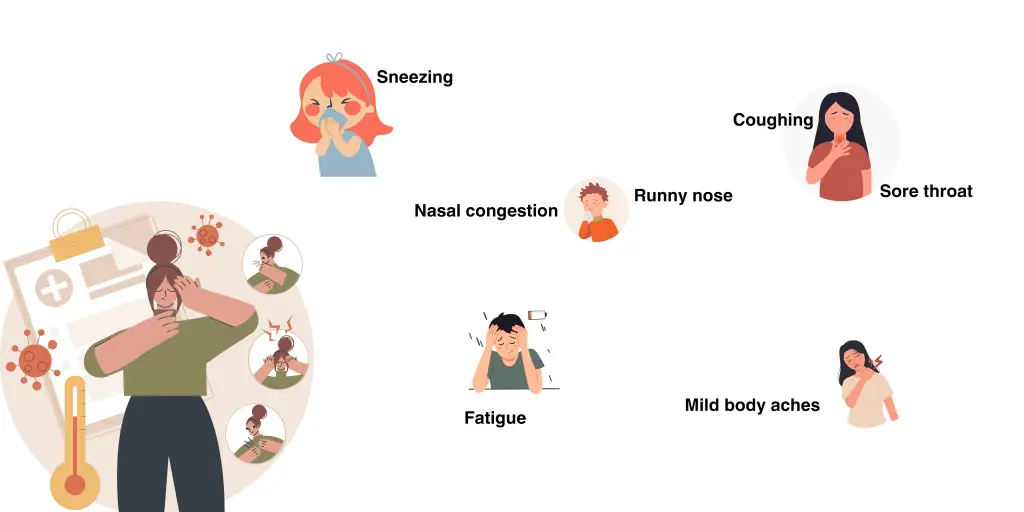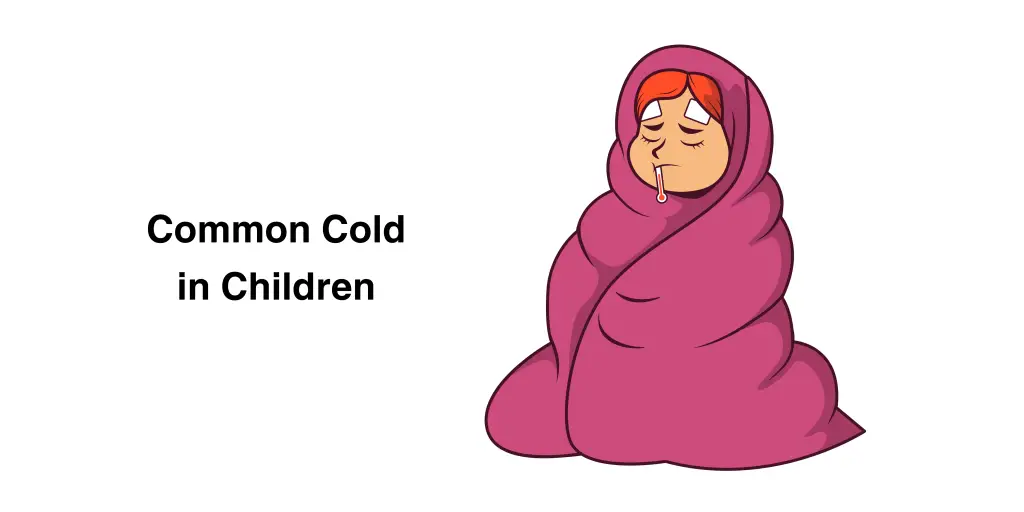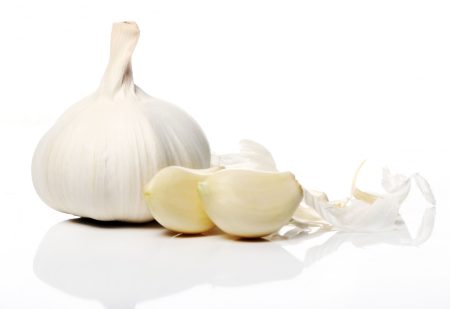11 Differences Between Common Cold and Flu
Unravel the secrets of the common cold by exploring its symptoms, treatments, and ways to prevent it. This guide provides easy-to-understand information to help you confidently handle the cold season.
An Overview
The common cold, also known as a viral upper respiratory tract infection, is caused by various viruses, primarily rhinoviruses and coronaviruses. It is characterized by symptoms such as nasal congestion, runny nose, sore throat, coughing, and sneezing. While this is usually harmless, it can be uncomfortable and disruptive to daily life, particularly in more severe cases or for vulnerable populations such as young children and the elderly.
Symptoms

Recognizing the symptoms of the common cold is essential for prompt management and prevention of its spread. Typical symptoms include:
- Nasal congestion
- Runny nose
- Sore throat
- Coughing
- Sneezing
- Fatigue
- Mild body aches
These symptoms usually develop gradually and may vary in severity from person to person. While the cold rarely causes fever or severe complications, it can lead to secondary infections such as sinusitis or ear infections, especially in vulnerable individuals.
Causes
The common cold is primarily caused by viral infections, with rhinoviruses being the most common culprits. Other viruses responsible for colds include coronaviruses, adenoviruses, and respiratory syncytial virus (RSV). These viruses are highly contagious and spread through respiratory droplets when an infected person coughs or sneezes. Additionally, direct contact with contaminated surfaces or objects can also transmit the virus.
Preventing
While there is no foolproof way to prevent the cold, several strategies can help reduce the risk of infection:
- Practice good hand hygiene by washing your hands frequently with soap and water for at least 20 seconds.
- Avoid close contact with individuals who are sick, and if you are sick, stay home to prevent spreading the illness to others.
- Cover your mouth and nose with a tissue or your elbow when coughing or sneezing to prevent the spread of respiratory droplets.
- Boost your immune system through a healthy diet, regular exercise, and adequate sleep.
- Consider getting a flu vaccine, as influenza can sometimes present with symptoms similar to the common cold.
Treatment
While there is no cure for the common cold, various treatments can help alleviate symptoms and promote comfort during illness:
- Over-the-counter medications such as decongestants, antihistamines, and pain relievers can provide relief from nasal congestion, runny nose, and sore throat.
- Nasal saline irrigation or steam inhalation can help alleviate nasal congestion and promote sinus drainage.
- Drinking plenty of fluids and getting adequate rest are essential for supporting the immune system and promoting recovery.
- In severe cases or for individuals at higher risk of complications, such as young children, the elderly, or those with underlying health conditions, medical evaluation and treatment may be necessary.
Common Cold in Children

Children are particularly susceptible to the common cold due to their developing immune systems and frequent exposure to viruses in school and daycare settings. Parents should monitor their children for symptoms of the common cold and take appropriate measures to prevent its spread. Additionally, it is essential to follow age-specific recommendations for treating cold symptoms in children and consult a healthcare provider if symptoms worsen or persist.
This is a prevalent respiratory illness that can cause discomfort and disruption, especially during the colder months. By understanding its symptoms, causes, and treatment options, individuals can take proactive steps to prevent infection and manage symptoms effectively. With proper prevention strategies and symptom management, the common cold can be navigated with confidence, allowing for a quicker recovery and a return to daily activities.
Also Read: The Importance of Water Hydration: A Comprehensive Guide to Health and Wellness
Quick Answers
How long does this cold last?
Gain insights into the typical duration of a cold and learn factors that may influence its duration, such as age, immune function, and underlying health conditions.
Can vitamin C prevent or shorten the duration of a cold?
Discover the role of vitamin C in immune health and whether supplementation can effectively prevent or shorten the duration of a cold.
When should I see a doctor for a cold?
Learn to recognize warning signs and severe symptoms that warrant medical attention, ensuring timely intervention and appropriate treatment.






